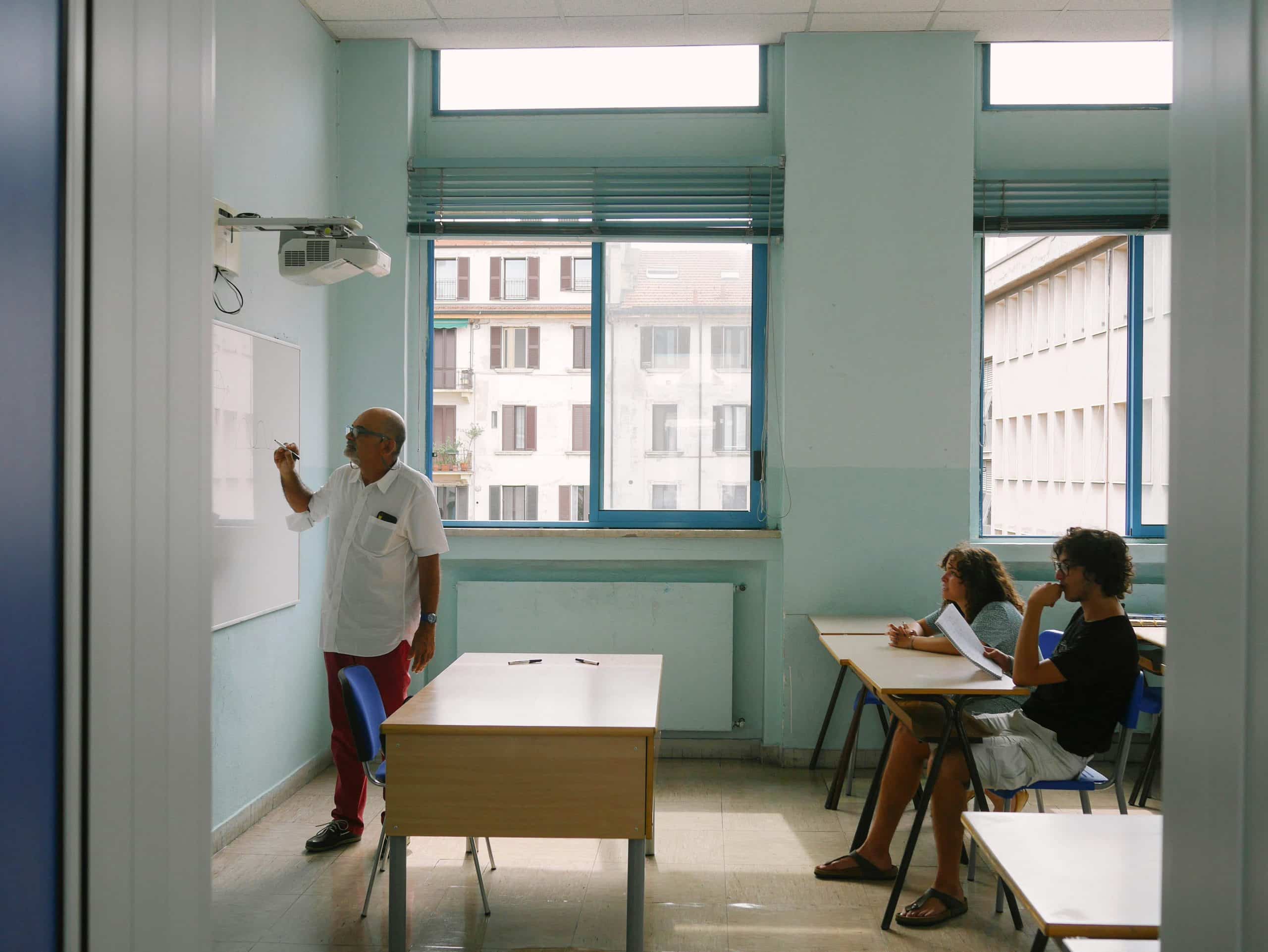MAG 2019. Authors: Perline Demange (Vrije Universiteit – Faculteit der Gedrags- en Bewegingswetenschappen).
Educational failure, such as grade retention, drop-down or drop-out, has been associated with poor mental health in children and adults. This association could be due to a causal effect of educational failure, but it is also likely to result, at least in part, from the presence of confounding factors affecting both education and health, such as for example parental socioeconomic status. We propose to take advantage of the shared genetic and familial environment between siblings to test the association between educational failure and mental health, controlled for observed and unobserved confounders. Our main analysis will consist of a within- and between-family regression of secondary-school educational failure on early adulthood mental health, estimated from CBS health costs and medication data. As a follow-up study, we will investigate potential modifiable factors increasing the risk of educational failure. First, using the same sibling control design, we will investigate the effect of misassignment of pupils to a secondary education track, that is, too low or too high according to the CITO score and teacher advice on school track. Second, combining CBS data with genetic data available in the Netherlands Twin Registry (NTR) allows us to investigate the effect of primary and secondary school socioeconomic status on educational failure, while accounting for the non-random placement of students in schools. With this project, we aim at better estimating the relationship between education failure and mental health and at identifying modifiable factors affecting educational failure in a large and unbiased population. Our project makes a critical advance over other studies by using a sibling design, allowing us to control for the presence of both measured and unmeasured confounders.
